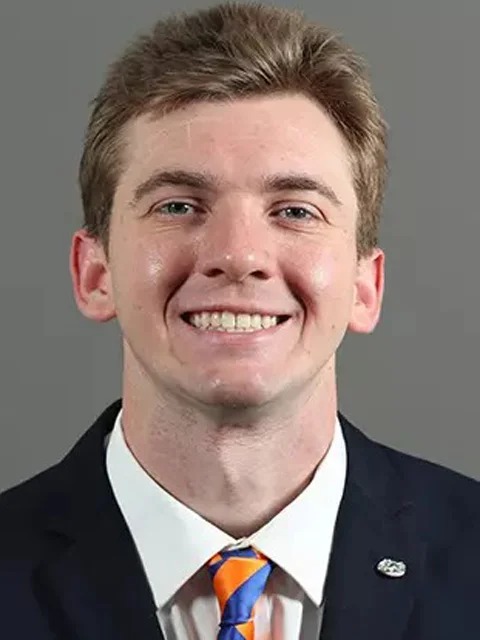
The Florida Gators men’s basketball program has received a significant boost with the news that highly touted freshman guard Gregory Smith III has withdrawn from the NCAA transfer portal. This positive development, first reported by insider Corry Knowles, signals Smith’s intention to sign a Name, Image, and Likeness (NIL) agreement and return to Gainesville for his sophomore season. This news is a welcome reprieve for Gator fans who were bracing for the departure of one of their most promising young talents.
Smith’s decision to explore the transfer portal had sent ripples of concern through the Florida fanbase. A consensus four-star recruit coming out of high school, Smith displayed flashes of brilliance during his freshman campaign, showcasing his athleticism, scoring potential, and defensive tenacity. While his minutes were somewhat inconsistent, his raw talent was undeniable, and many expected him to play a larger role in the team’s future.
The allure of the transfer portal has become increasingly potent in the modern college basketball landscape. Players seek opportunities for increased playing time, a different coaching philosophy, or simply a change of scenery. For highly regarded prospects like Smith, the portal also opens doors to potentially more lucrative NIL deals offered by other programs. Therefore, his initial decision to enter the portal, while disappointing, was not entirely surprising given the current dynamics of college athletics.
However, Knowles’ report indicates a significant shift in Smith’s thinking. The prospect of securing a substantial NIL agreement while remaining in Gainesville appears to have swayed his decision. NIL, which allows college athletes to earn compensation for endorsements and other commercial activities, has become a major factor in recruitment and retention.1 For Florida, securing Smith’s return through a favorable NIL package is a testament to the program’s commitment to leveraging these new opportunities to maintain a competitive roster.
Smith’s return carries significant implications for the Gators’ basketball program. His continued development under Coach Todd Golden will be crucial for the team’s success in the upcoming seasons. His athleticism and versatility provide valuable options on both ends of the court. As he gains more experience and refines his skills, Smith has the potential to become a cornerstone player for Florida.
Furthermore, Smith’s decision to stay sends a positive message about the program’s environment and future prospects. It suggests that the coaching staff is effectively communicating with players and that the opportunities available at Florida, both on and off the court, are compelling. In an era where player movement is rampant, retaining a talent like Smith is a significant victory.
The specifics of Smith’s anticipated NIL agreement are yet to be disclosed. However, it is likely to be structured in a way that recognizes his potential and marketability. Such deals can involve endorsements, appearances, and social media promotions, providing student-athletes with valuable financial benefits.2
In conclusion, Gregory Smith III’s withdrawal from the transfer portal and expected return to Florida on an NIL agreement is undoubtedly good news for the Gators. It secures the future of a promising young talent, reinforces the program’s ability to leverage NIL opportunities, and sends a positive signal about the direction of the team under Coach Golden. Gator fans can now look forward to seeing Smith continue his development in the orange and blue, contributing to what they hope will be a successful season ahead. This development underscores the growing influence of NIL in college basketball and its potential to help programs retain key players and build a competitive edge.


